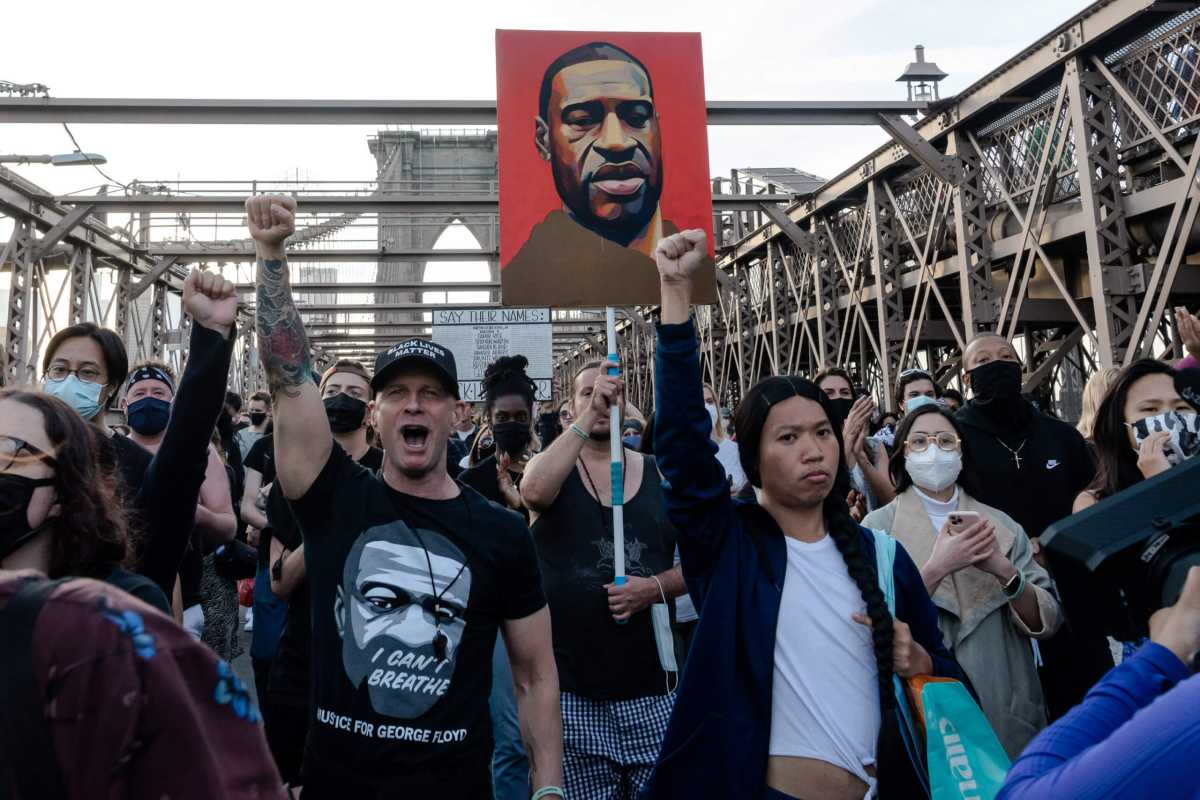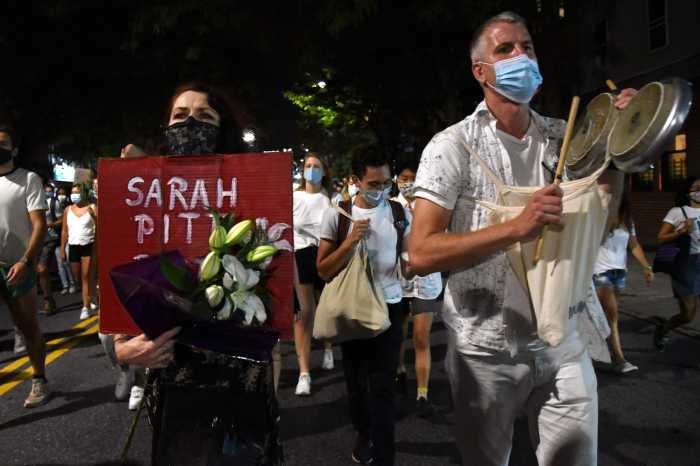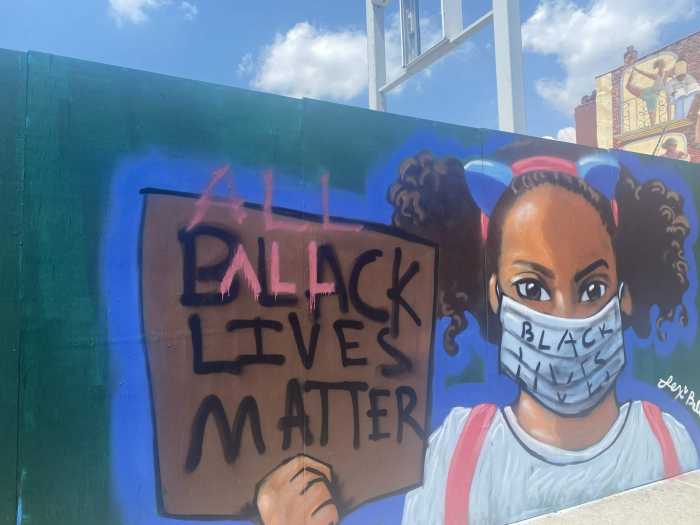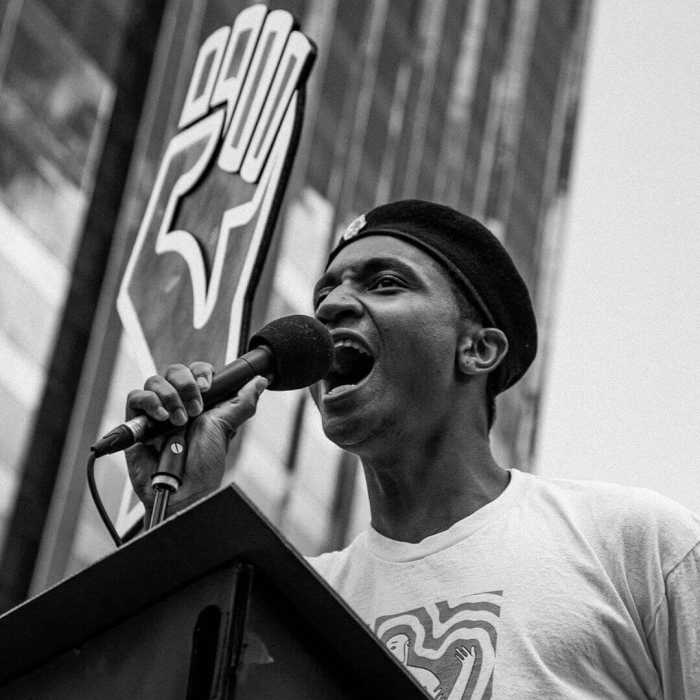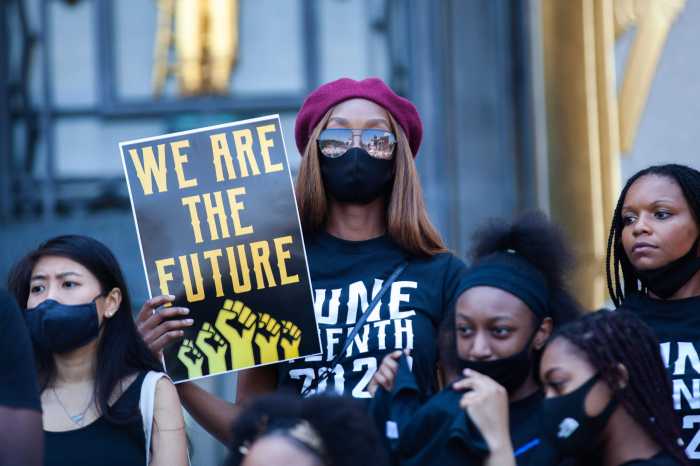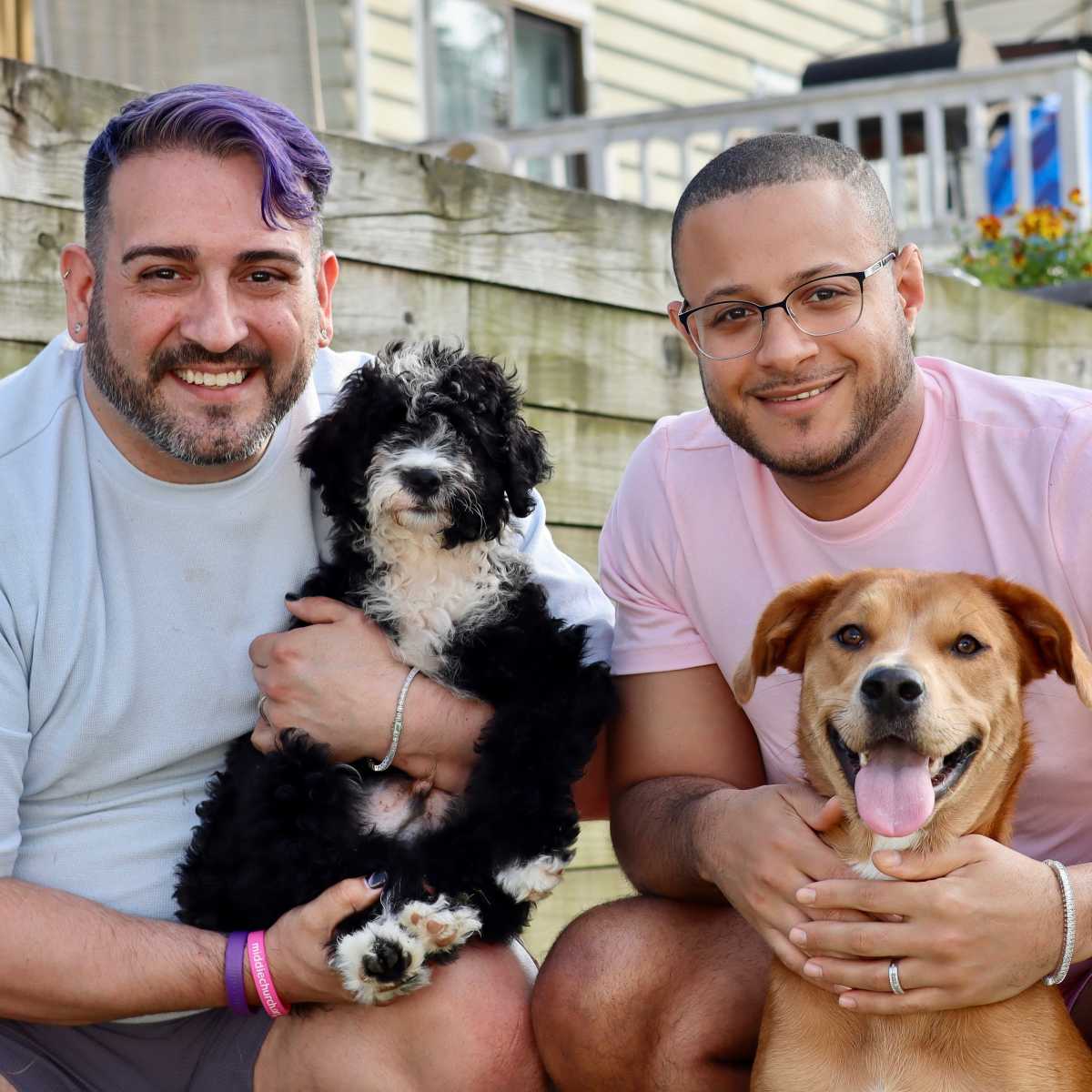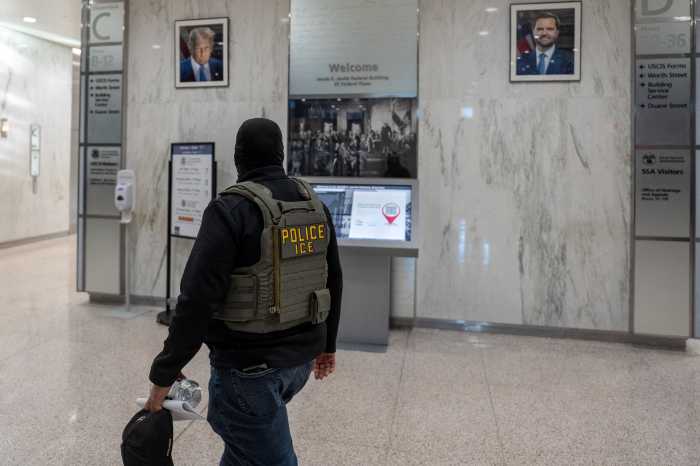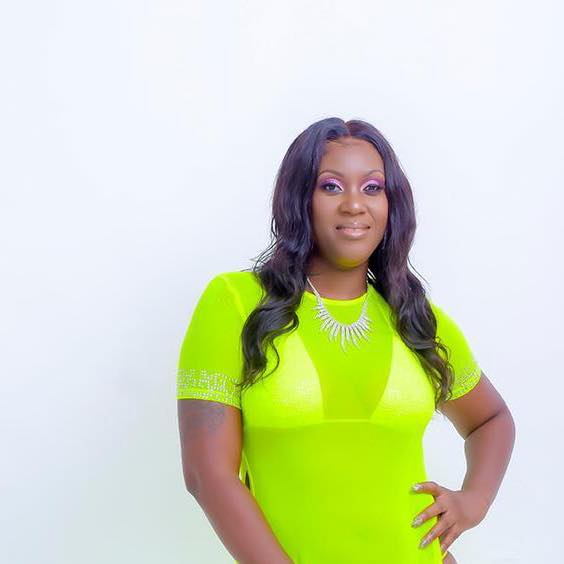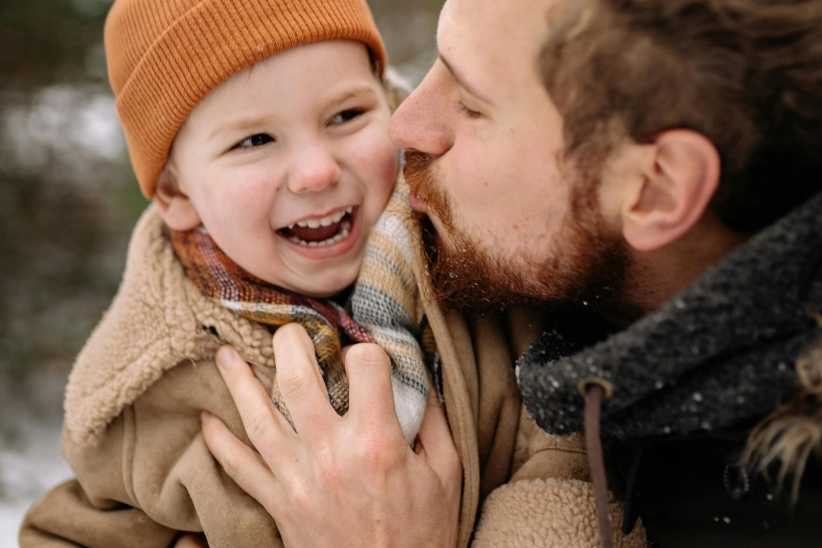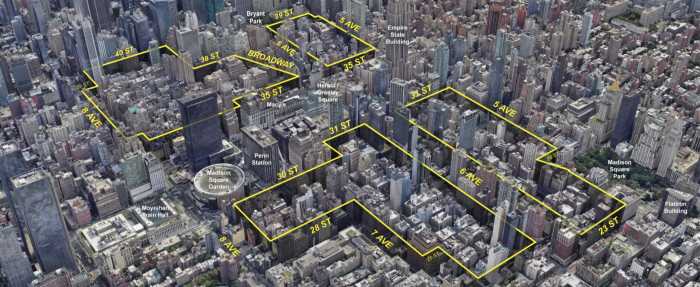Hundreds of people gathered in Brooklyn on the anniversary of the murder of George Floyd Wednesday to rally against police violence and for racial justice.
At least four gatherings launched from the borough on May 25, including at Barclays Center, Brooklyn Museum, Cadman Plaza and the nightly vigil at McCarren Park.
Activists also marched over the Brooklyn Bridge from Manhattan, such as one rally-goer who said a lot still needs to be done in the fight against law enforcement brutality.
“I think everybody here today is here because we recognize that even a year later, even though Derek Chauvin got convicted, we have tons and tons and tons of work to do,” said Jay Walker.
The activist urged federal legislators to pass the George Floyd Justice in Policing Act of 2020 — currently stalled in the Senate — which would create a national registry of police misconduct and a ban on racial profiling by law enforcement, and limit qualified immunity.
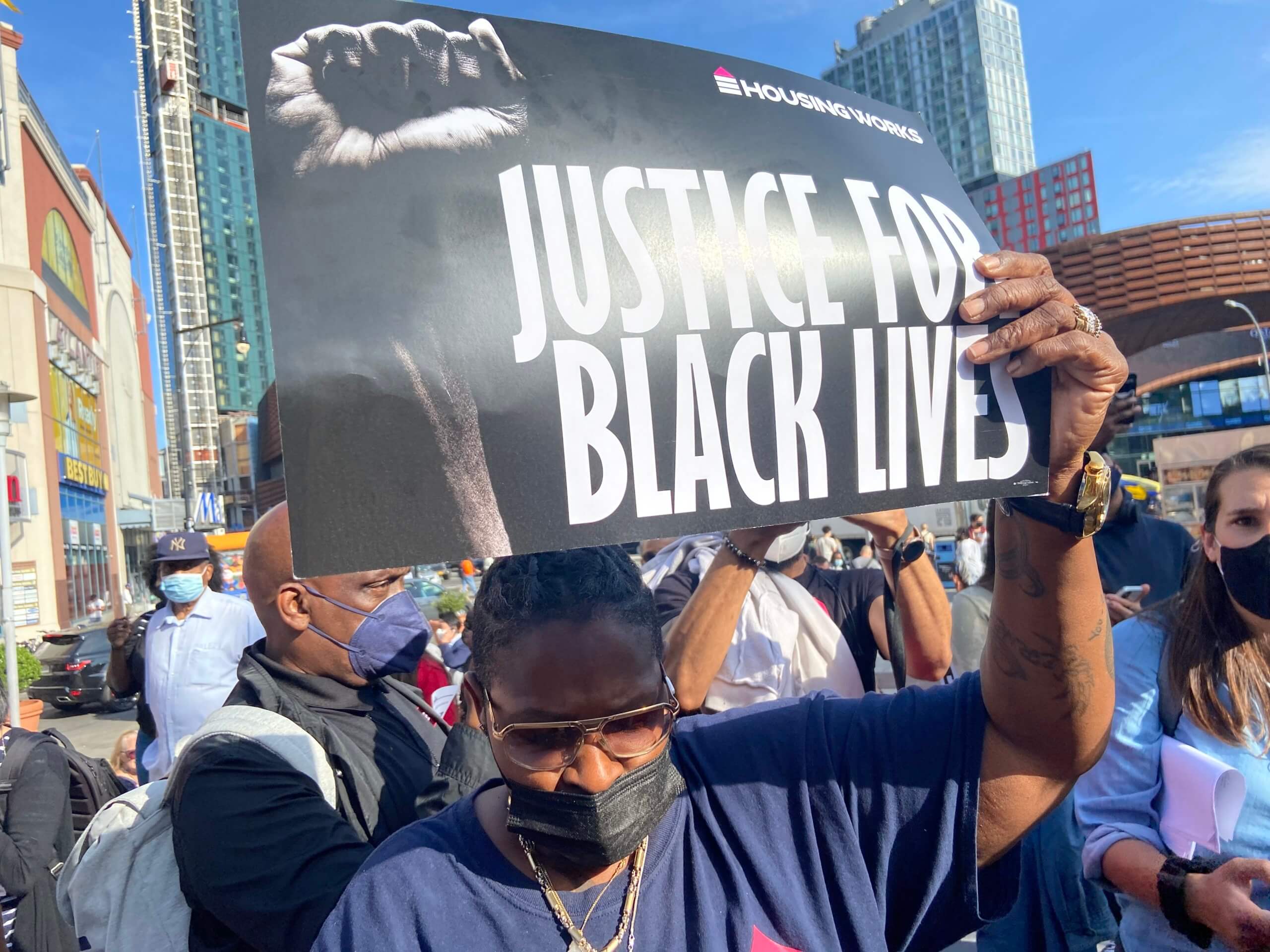
Floyd was killed on May 25, 2020 by former Minneapolis police officer Derek Chauvin who pressed his knee on Floyd’s neck for nine minutes and 29 seconds while arresting him for using a counterfeit $20 bill.
On April 21, a Minnesota jury found Chauvin guilty of second and third-degree murder charges and second-degree manslaughter. The former cop faces up to 40 years behind bars at his sentencing in June.
On Tuesday, crowds across the city paled in comparison to protests last summer, when thousands of people took to the streets, which launched a season of historic uprisings across the borough that were met by brutal responses from NYPD.
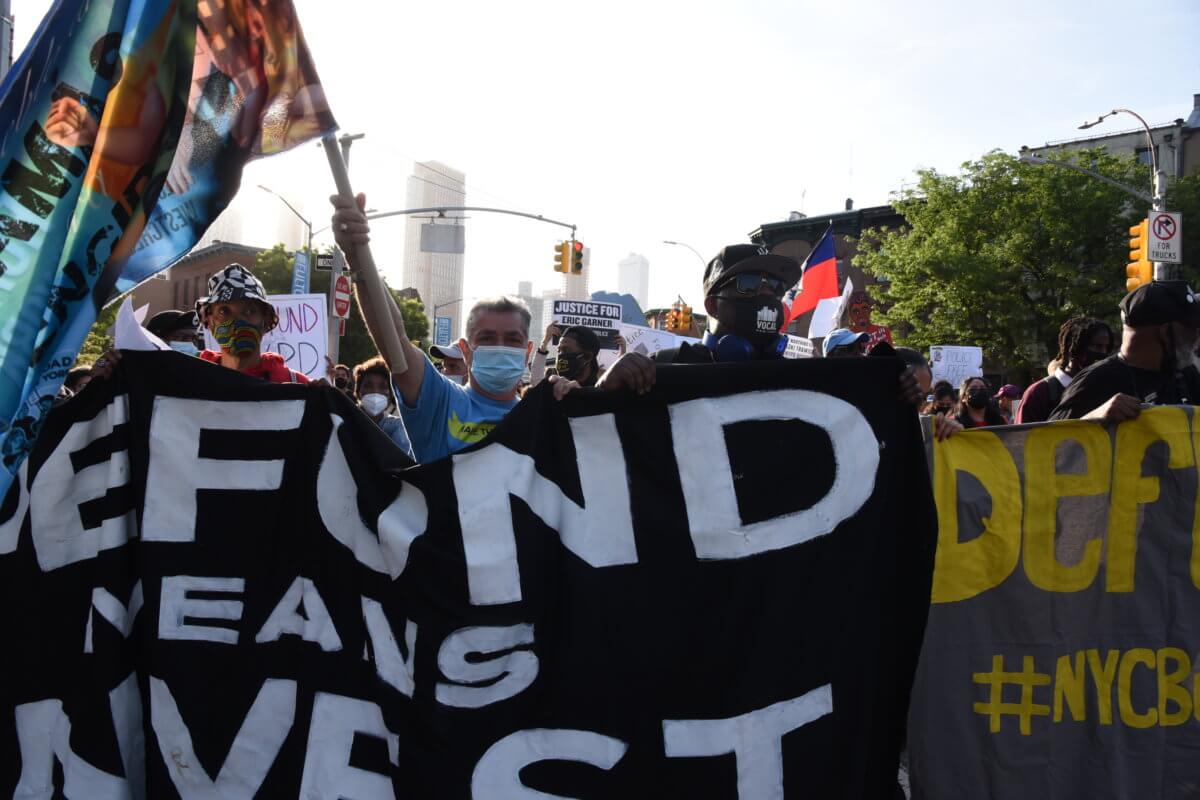
This year, the rallies counted a couple of hundred attendees, who converged from different starting points before they headed over the Brooklyn Bridge to Manhattan as police choppers hovered above.
Among the speakers was Akeem Browder, the brother of the late Kalief Browder. Browder died by suicide in 2015 after being locked up on Rikers Island for three years, two of which were spent in solitary confinement, for allegedly stealing a backpack, and whose 28th birthday would have been Tuesday.
Browder’s brother shared that he felt like “breaking down all week,” and he didn’t feel like his usual upbeat self, pointing out that the Black and brown community has been fighting for decades.
“We’re going against the courts. We’re going against the police. We’re going against the government that says, ‘shut up and take what we give you,'” he said. “Well, we’re not shutting up. Until Black lives do matter, we will be here in every city. George Floyd didn’t just get murdered so that we can just lay down.”
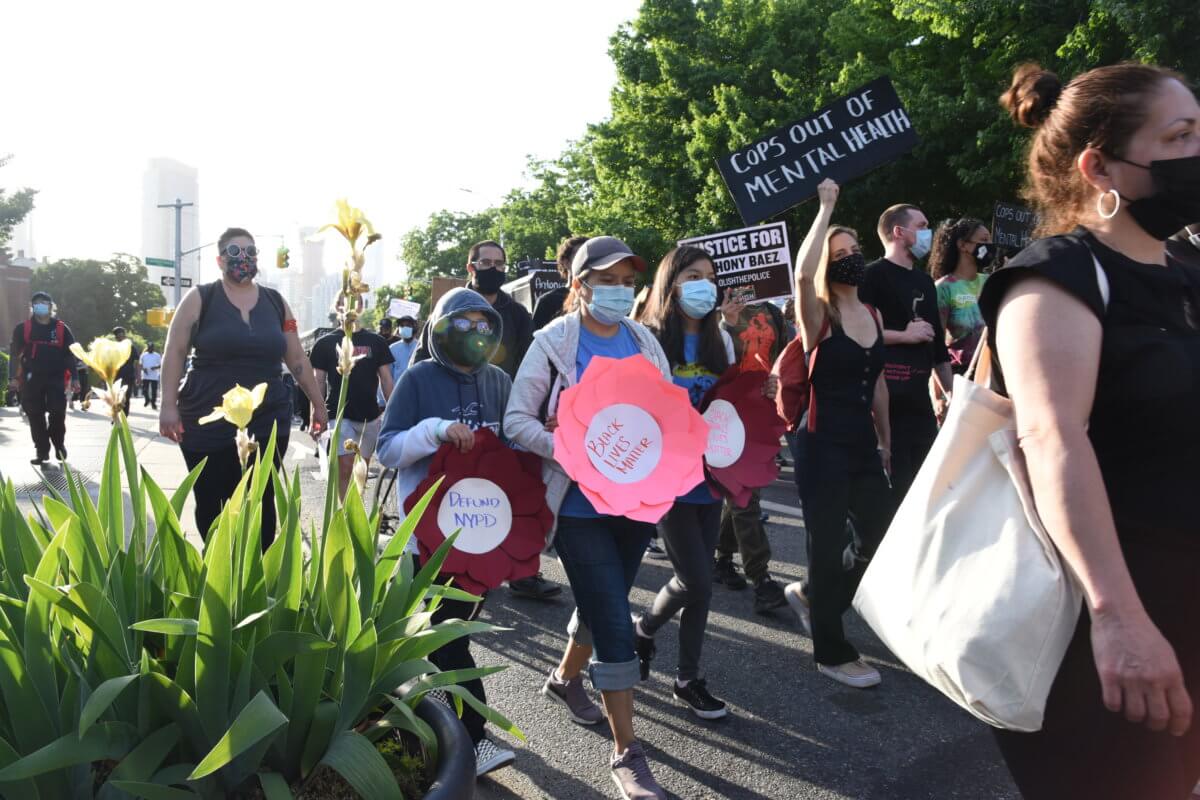

On Sunday, two days before the anniversary of Floyd’s killing, his family took to the steps of Brooklyn Borough Hall to celebrate his life and continue calls for societal changes.
“This year has been a rollercoaster ride for us,” said Floyd’s brother, Terrence. “I’m just thankful for the people throughout this nation who have shown so much love for the Floyd family, so much love for justice and what is right. The world woke up. Finally their eyes are open to what we already knew.”
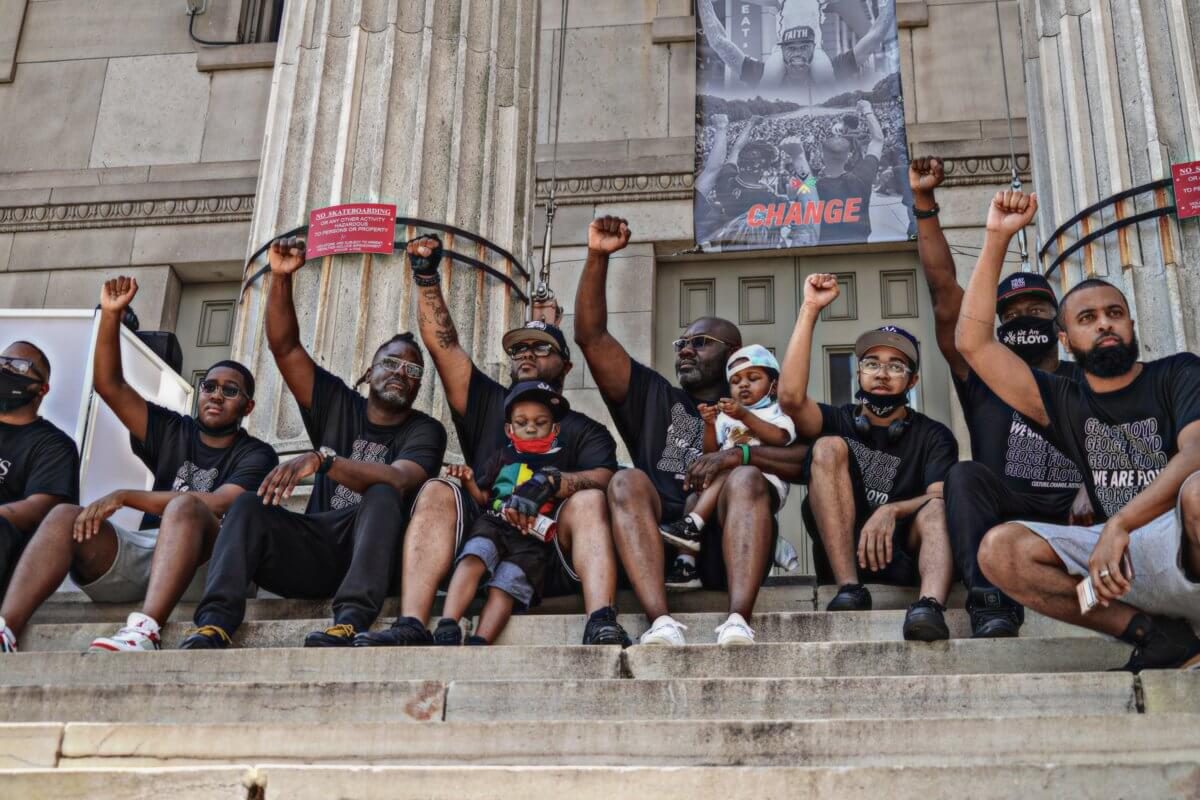
At the Downtown Brooklyn memorial, Terrence announced the founding of WeAreFloyd.org, a new organization named in for his late brother which aims to aid minorities with social justice actions and support those with mental health issues.
“As long as we keep their names ringing, the face of justice will look like what it is now – changed,” Terrence added, calling for policy changes within NYPD, such as retraining officers. “If they don’t know the difference between a taser and a gun, something is wrong.”


